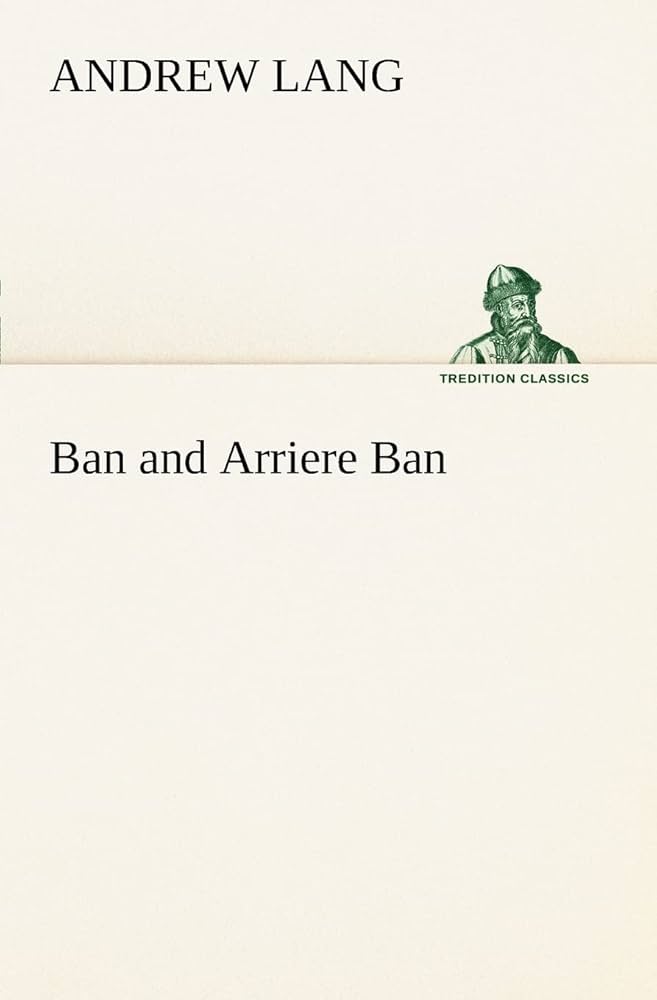Ballad of the Philanthropist
byBallad of the Philanthropist begins in a place where peace reigned so steadily, it became nearly unbearable for one man sworn to uphold the law. Pomona Road and its adjoining gardens stood as an exemplar of domestic civility—each house adorned with floral perfection, each resident attuned to quiet harmony. Chapels echoed softly on Sunday mornings, not a single public house disrupted the order, and disputes, if any, never rose above whispered discontent. But amid this polished calmness walked B. 13, a policeman whose spirit quietly eroded beneath the weight of inactivity. Crime had evaded his district entirely, leaving him not proud, but purposeless. Each night he paced his beat, untouched by disorder, yet deeply unsettled by the absence of anything to fight for.
B. 13 had no wife, no vices, and no taste for distraction. All he craved was the stir of pursuit, the satisfaction of outwitting some clever rogue, or even the noise of a petty brawl. But Pomona Road offered none of this. It was too perfect, too trimmed, and too well-mannered. His soul, dulled by routine, became a subject of curiosity to the locals, who noticed the odd heaviness in his steps. Among them was Howard Fry, a man of great wealth and greater eccentricity, known for giving generously but quietly. Seeing the despair beneath the officer’s polished brass buttons, Fry found himself struck by a strange urge—not to lecture or distract, but to help in a way no one would expect.
Howard Fry’s plan defied all logic and leaned precariously on absurdity. Believing that purpose was more vital than peace, he resolved to introduce crime into Pomona Road. Not out of malice, but out of misguided empathy. A man who had once funded schools and soup kitchens now turned to burglary and arson with the same calculated generosity. Each act—tossing bricks through windows, picking locks at twilight, setting fire to tool sheds—was done with theatrical restraint. No lives were endangered, but fear spread quickly. Fry acted not as a villain but as an awkward benefactor, delivering panic in small doses, all to revitalize the career of a single man.
And indeed, B. 13 came alive. His nightly patrols transformed into adrenaline-fueled hunts, his name whispered with awe and appreciation by once-indifferent neighbors. Reports were filed, clues collected, arrests made. Pomona Road, formerly forgettable, now echoed with tales of bravery and intrigue. The policeman’s gait grew brisk, his presence sharper. He cracked cases with the fervor of a man restored, though never suspecting that the very criminal who revived him did so with benevolent intent. Fry, meanwhile, watched from behind lace curtains, his conscience twisted by the irony that doing wrong had brought something good.
But the cost of this rebirth was not evenly shared. The community, once prized for its tranquility, was now avoided by deliverymen and feared by tradespeople. Real estate values dipped. Children were ushered indoors before dusk. Fry had introduced not only excitement, but uncertainty, and he began to question the sustainability of his scheme. How much fear could one man justify for another’s fulfillment? His philanthropy had always been rooted in relief, not unrest. Yet reversing the chaos proved harder than starting it. The crimes, though initially designed with care, began to echo. Imitators emerged. Petty thieves took advantage. The road slipped further into disorder.
B. 13, though revitalized, was not blind to the irony. As weeks passed and crimes continued, he sensed a pattern that defied criminal logic. He began to suspect something artificial in the chaos, a choreography too precise. But his gratitude, his sheer pleasure in mattering again, blurred his judgment. He did not search too hard. Perhaps deep down, he didn’t want to know. To discover Fry’s role would mean questioning the foundation of his second wind. And so the game continued, unspoken yet understood.
In the final days of Fry’s quiet rebellion, he confessed his motives—not to B. 13, but to his own journals, which he sealed away. His hope had been simple: to restore dignity, to give purpose to someone adrift. Yet the outcome left him uneasy. The balance between altruism and disruption had proved more delicate than he imagined. B. 13 thrived, but Pomona Road paid the price. Fry, once revered, withdrew from public view, no longer sure whether he had saved or corrupted.
The tale closes not with judgment, but with reflection. Good intentions, however noble, can spiral when forced into unfamiliar molds. A desire to do good, if acted out without caution, may birth the very harm one sought to prevent. Pomona Road became a parable—of peace disturbed, of purpose reclaimed, and of the strange ways in which kindness, when too forceful, can blur into chaos. In the end, it asks not whether Fry was right or wrong, but whether meaning, when given by force, ever truly belongs.

